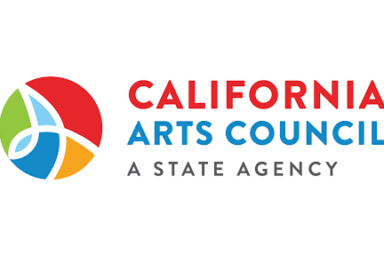Over the past decade, there has been a lively debate over the many ways in which cultural activities add value to the lives of individuals and to society as a whole. Researchers and writers have produced a somewhat bewildering array of scientific studies, evaluations, and policy papers advancing various conceptual frameworks and terminology for describing the value and impacts of arts and culture.
This review, commissioned by Arts Council England, examines two related branches of this literature:
First, how individuals benefit from attending and participating in cultural programmes and activities and second, how the creative capacities of arts and cultural organisations bring forth impactful programmes. By and large, the focus is on English-language literature published since the turn of the millennium.
The dual focus on “individual impacts” and organisations’ “creative capacity” has proven to be a convenient means of narrowing the scope of our review. Through these two portals, we address (and hopefully clarify) several issues that emerge when research on the immediate experience of culture intersects with larger discussions of value and impacts. To situate the detailed analysis of individual impacts and creative capacity, it is first necessary to take stock of the theoretical frameworks that have been used to conceptualise “value” in regards to arts and culture, and the corresponding terminology.




